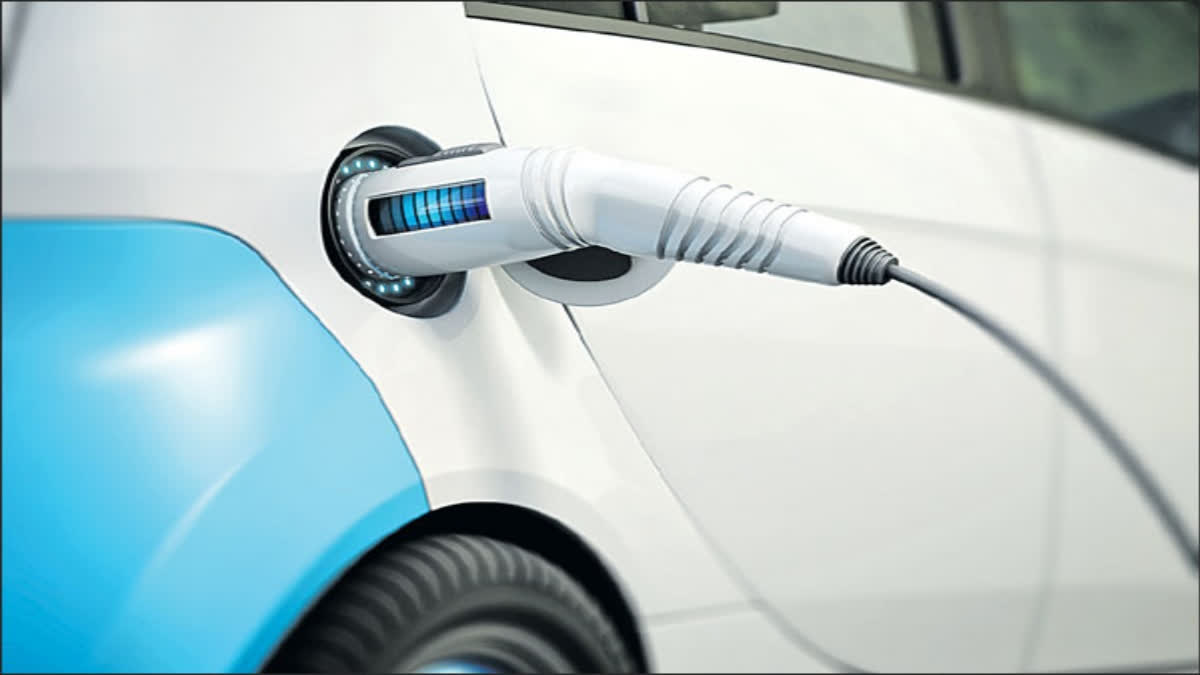Hyderabad: The number of electric vehicles is gradually increasing. Compared to normal vehicles, their insurance requirements are different. In this backdrop, some aspects need to be specially considered while taking insurance for electric cars. A comprehensive motor insurance policy is required for the vehicle. The vehicle should not be taken on the road without third-party insurance. During the rainy season, it is better to take care of battery vehicles and take some additional policies. An insurance policy should cover the vehicle in case of a traffic accident and fire in the battery.
Supplementary policies such as zero depreciation (Zero Dep), return to invoice in case the vehicle cannot be driven, and protection for other spare parts in the vehicle must be taken. Only then EV vehicle owners will have full assurance. Zero Dep means that the insurance company covers the entire cost without deducting the amount of depreciation at the time of repair. Useful for claiming the on-road value of the car when there is a return to the invoice.
Also read: How 'no claim bonus' reduces burden of premium in new vehicle insurance
Some special supplementary policies for EVs offer full additional protection. For instance, suppose the battery and electric motor are damaged due to power fluctuations...then full insurance will not cover it. Even in case of accidental burning of the EV charger, there is no compensation.
Hence, supplementary policies like EV charger cover and EV battery cover should be taken. Any damage to EVs can be costly, especially during the rainy season. So, EV owners need to take all necessary precautions during the monsoon. Only then you can enjoy a hassle-free journey, says Rakesh Jain, CEO, Reliance General Insurance.



